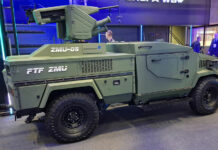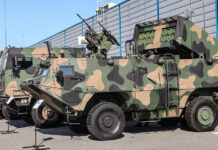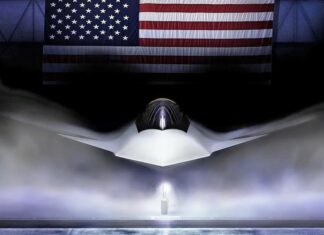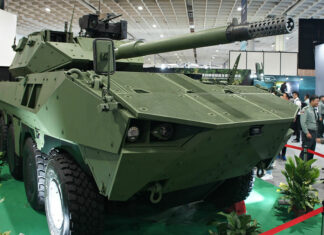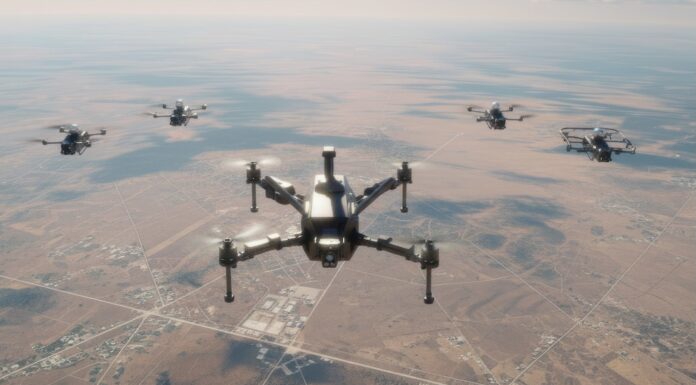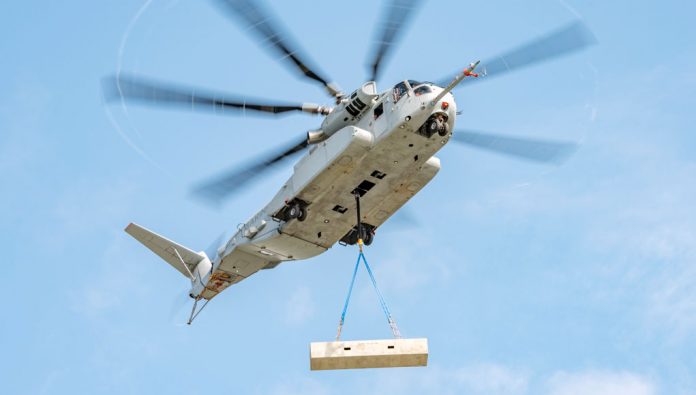
Lockheed Martin Sikorsky has signed a strategic agreement with and German defense firm Rheinmetall teaming for competing in the German Air Force planned replacement of Sikorsky’s CH-53G transport helicopters under a €4 billion heavy-lift helicopter (Schwerer Transporthubschrauber – STH) program, with a procurement of 45-60 new helicopters.
The Germans currently evaluate two options – the CH-47F Chinook from Boeing and CH-53K from Lockheed Martin Sikorsky. The CH-47F is in production since 2008 and is expected to be available in the Block II version by 2020. Boeing highlights the wide use within NATO as a major advantage of its new Chinook, along with a lower flyaway cost, compared to Sikorsky’s King Stallion. However, with the US Army’s planned introduction of the future heavy-lift platform in the 2030s, Chinook seems to be in a mature phase, while CH-53K its introduced as a new platform that features innovative new airframe-engine design and much-increased lift capability.
The CH-53K King Stallion advances Sikorsky’s 50 years of manufacturing and operational success of its CH-53A, CH-53D/G, and CH-53E. Twice as powerful as the legacy CH-53s it is intended to replace, the CH-53K can carry almost 16 tons of payloads internally and externally while operating within the same footprint of current CH-53E.
The U.S. Marine Corps will field the CH-53K as a fully-operational aircraft in 2019. By the time Germany plans to receives the first CH-53G replacement aircraft, the CH-53K will have been in service with the U.S. Marine Corps for five years. Other countries considering the CH-53K include Israel and Japan.
“With Rheinmetall as the strategic partner for Sikorsky, we are convinced that together we provide the best possible state-of-the-art aircraft for the German Air Force as a successor for the legacy CH-53G fleet,” said Armin Papperger Rheinmetall CEO. “Furthermore, we stand strongly together in offering a cost-effective, reliable solution oriented to the needs of today’s operations, and able to evolve with the Armed Forces as its needs change over time.” The team plans to introduce more German teammates in the weeks to come. The new helicopters are expected to be delivered over a period of six years beginning in 2023.




